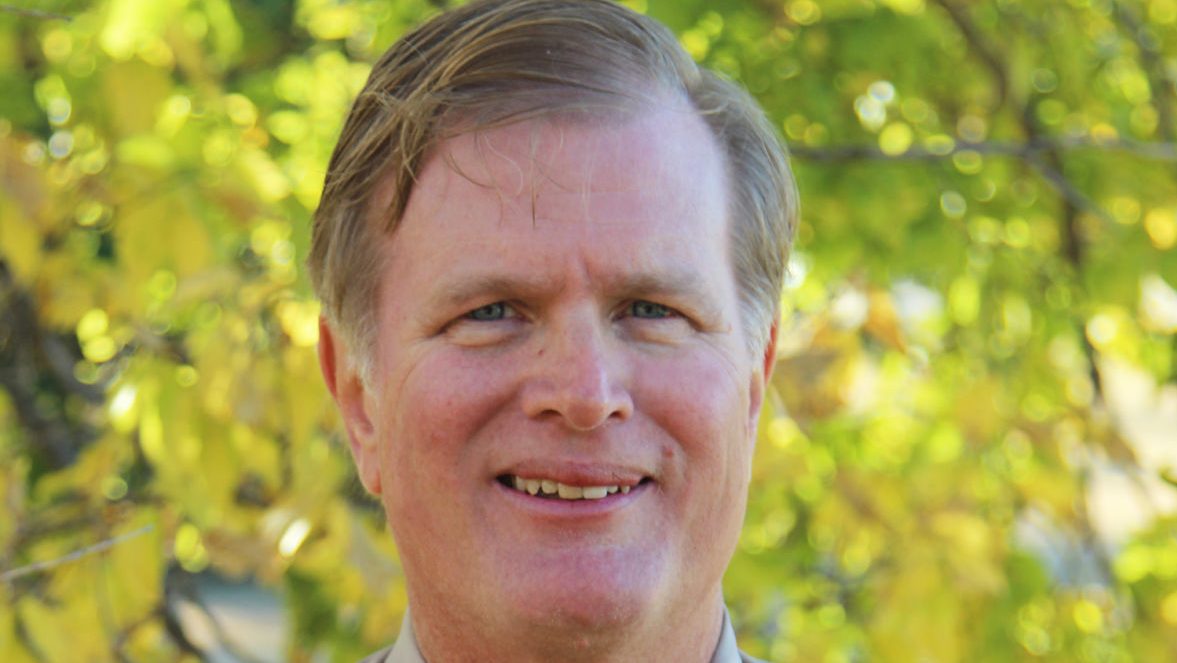With all the news of the day coming in from the Capitol about trade agreements and federal regulations, which are vital to how farmers an ranchers go about conducting their business, what happens at the local level is as likely to have as much, if not more, of an impact than what the federal government does (or doesn’t do).
Farmers and ranchers, regardless of what High Plains state they live in, need to stay engaged with state lawmakers and elected officials at the county level. At those levels regulators and planning boards are appointed, and they can have a significant impact on how you conduct your business or use your property.
No one has to tell farmers and ranchers about the challenging times they face, and it is not a time to be silent on issues that can have a long-term impact on herbicides, pesticides and groundwater.
Certainly some “feel good” legislation can have long-term tentacles that are not beneficial to anyone.
Each state in the High Plains has its own unique set of needs, including education, social services and road and bridge construction. Those who went through a difficult stretch with Mother Nature from flooding and storms a year ago may face acute needs that have to be tackled first. This year there is an election for a president, Congress and state legislators. Many states will tie constitutional questions to those ballots.
Yes, 2020 will be an eventful year for fans of politics. But what is important is for farmers and ranchers to stay engaged at the local level where common sense is most likely to be taken into account and precedence is established.
While all of this may sound trite, it should not be taken lightly. That means staying engaged through regular contact with elected officials because they value the insight of farmers and ranchers and businessmen and women, who through property taxes support government programs and services.
Elected officials have to weigh many current and future needs with limited resources, and at the state and local levels they have to approve a budget that balances. Tax and spending policies are delicate as are the needs to help educate rural youth and fund services that help the elderly and those unable to help themselves.
As a result these elected officials have to be good listeners, as they are taxpayers too. They also serve at a time with a fickle public that often is disengaged with the process and that makes governing much more difficult.
Yet public service is important and any conversation should end with a “thank you for your service.” They serve at the pleasure of the electorate so input is valued both ways, and public engagement leads to the best long-term policies to serve rural constituents.
Dave Bergmeier can be reached at 620-227-1822 or [email protected].

